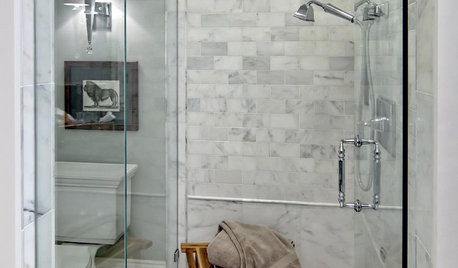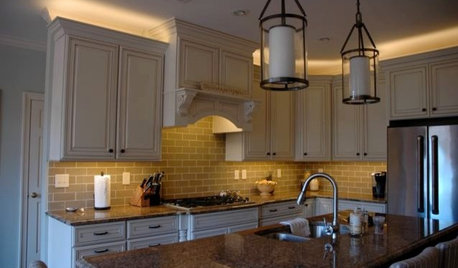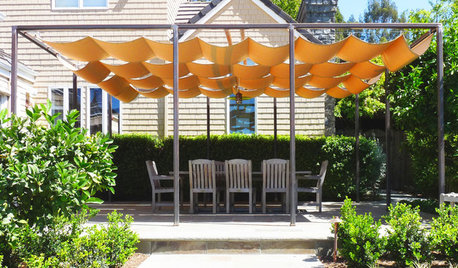Romex cable vs. BX with PVC conduit over it?
blondelle
11 years ago
Related Stories

BATHROOM DESIGNHow to Settle on a Shower Bench
We help a Houzz user ask all the right questions for designing a stylish, practical and safe shower bench
Full Story
LIGHTINGThe Lowdown on High-Efficiency LED Lighting
Learn about LED tapes, ropes, pucks and more to create a flexible and energy-efficient lighting design that looks great
Full Story
PORCH OF THE WEEKA Wraparound Goes From Unwelcoming to Irresistible
Renovating the porch adds neighborliness and charm to this 1908 Florida home
Full Story
GARDENING AND LANDSCAPINGShady Character: Stylish Covers for Your Patio
Top off your patio with a chic cover to protect guests from wind, sun and summer showers
Full StoryMore Discussions






petey_racer
ionized_gw
Related Professionals
Ashburn General Contractors · Lincoln General Contractors · Mililani Town General Contractors · Saint George General Contractors · Schertz General Contractors · Winfield General Contractors · Chanhassen Solar Energy Systems · Teaneck Solar Energy Systems · Payson Solar Energy Systems · Castle Rock Home Automation & Home Media · Glendale Home Automation & Home Media · Pittsburgh Home Automation & Home Media · Safety Harbor Home Automation & Home Media · Tucker Home Automation & Home Media · Wellesley Home Automation & Home MediablondelleOriginal Author
mike_kaiser_gw
blondelleOriginal Author
hendricus
brickeyee
mike_kaiser_gw